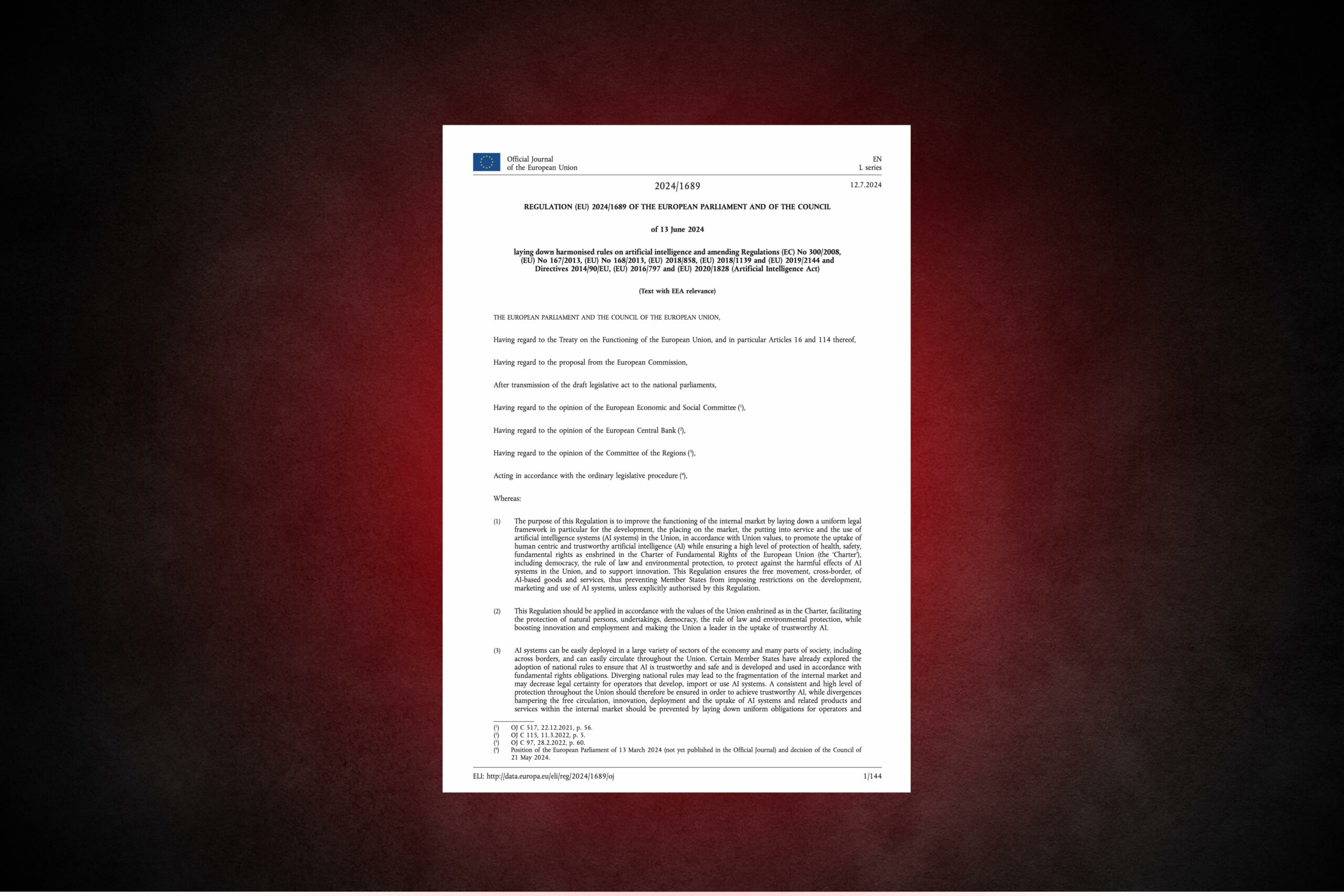The Bundeskartellamt issued its long-awaited decision on Facebook’s data collection practices today, and it’s something of a mixed bag. Facebook quickly issued a response on its blog, unsurprisingly taking issue with the German competition authority’s findings. Below are a few initial reactions.
The Good: A flexible approach to market definition works better than the SSNIP test.
As compared to U.S. enforcement agencies, the Bundeskartellamt seems much more comfortable defining a market (“social networks”) without resort to the hyper-technical SSNIP test. The German agency’s FAQ document instead describes a functional-interchangeability analysis. As the Bundeskartellamt observes, YouTube’s business model “has some overlaps” with general social networks like Facebook—but YouTube’s service is not sufficiently similar to Facebook’s to include both in the same market. Other candidates for inclusion were rejected on similar grounds.
This is the sort of flexible approach that U.S. courts historically employed—indeed, the nominal standard is still whether products are “reasonably interchangeable.” But modern U.S. analysts lean very heavily on the SSNIP hypothetical-monopolist test. This price-focused test has many shortcomings, but it most obviously fails when confronted by zero-price products like Facebook, as I explain in my paper on Antitrust in Zero-Price Markets: Applications. You can’t spell “SSNIP” without the “P.” I do propose a “SSNIC” test as an alternative, but that poses its own set of problems.
So, kudos to the Bundeskartellamt for using a clear, workable approach to market definition in the digital context. The reasonable interchangeability standard, coupled with a focus on functional similarities and differences, is flexible enough to meet the challenges posed by zero-price markets. Requiring plaintiffs to jump over the SSNIP hurdle would be tantamount to a rule of per se legality.
The Bad: Lack of Consumer awareness does not equal market power.
Check out this passage, from the Bundeskartellamt’s press release:
“The Bundeskartellamt’s decision is not about how the processing of data generated by using Facebook’s own website is to be assessed under competition law. . . . However, this is what many users are not aware of: Among other conditions, private use of the network is subject to Facebook being able to collect an almost unlimited amount of any type of user data from third party sources, allocate these to the users’ Facebook accounts and use them for numerous data processing processes.”
This type of harm seems more like a privacy harm than a competition harm. If users aren’t even aware there’s a problem, the cause would seem to be deceptive or misleading privacy practices, not market power.
Firms can charge monopolistic “data prices,” as I argue in my first paper on Antitrust in Zero-Price Markets. That can be a competition problem: monopoly data overcharges are structurally identical to monopoly pricing. Excessive data overcharging is like excessive pricing.
But it’s only a competition problem if the lack of sufficient rivalry in the market is what allows the dominant firm to set its excessive data “prices.” Here, the Bundeskartellamt seems to be saying instead that lack of consumer awareness is what allows Facebook to extract too much data.
If data extraction is allowed by lack of consumer awareness—rather than lack of competition—there may well be a legal problem, but it is not a competition-law problem.
The Ugly: Does Facebook really belong in the same market as TicketMaster?
As noted above, Facebook quickly issued a blog post response to the adverse decision. Titled, “Why We Disagree with the Bundeskartellamt,” the post generally offers measured arguments and thoughtful positions.
But it also includes a graphic strongly implying that Facebook competes not only with Twitter and LinkedIn, but also TicketMaster, Airbnb, TripAdvisor, Tinder, and Yelp. Even Reddit is thrown in the mix. Somehow I doubt Reddit users would take kindly to being treated as interchangeable with Facebook users.
Maybe at the very outer limits, these apps all compete with each other, but only in the same sense that orange juice competes with vodka or wine. This graphic suggesting they all belong in the same market may not quite be in the same league as Microsoft’s infamous demonstrative trial exhibits. (If you’ve seen them, you know what I’m talking about!) But it’s a pretty questionable look. C’mon, Facebook! You’ve got better arguments than this.
Interested readers may wish to check out Giuseppe Colangelo and Mariateresa Maggiolino’s excellent paper, released about one year ago, on the Facebook case.








